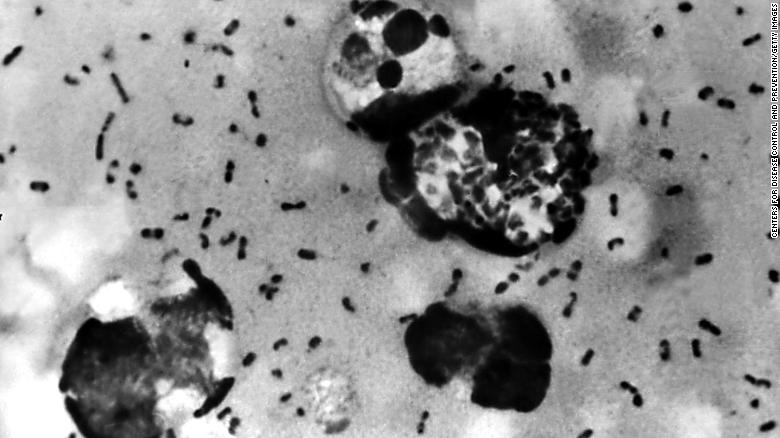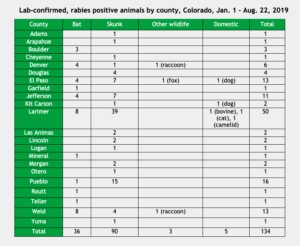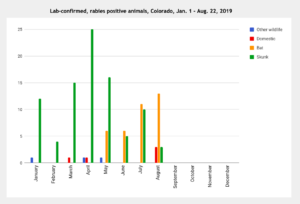The plague is caused by bacteria that can come from prairie dogs, squirrels, chipmunks and other rodents By Vanessa Etienne July 23, 2021 01:36 PM

The Colorado Department of Public Health and Environment is urging the community to be cautious after a 10-year-old girl died in La Plata, Colorado from the plague — the state’s first death from the disease in six years.
State health officials confirmed the death was caused by the plague in a release. According to the Centers for Disease Control and Prevention, plague is a disease caused by the bacterium, Yersinia pestis, which can infect humans and other mammals through flea bites. Animals such as prairie dogs, squirrels, chipmunks and other rodents often carry the disease.
“We are so sad for the loss of this young Coloradan and our deepest condolences go to the family,” said Jennifer House, deputy state epidemiologist and public health veterinarian of CDPHE, in a statement. “Public health is doing an epidemiological investigation and wants Coloradans to know that while this disease is very rare, it does occur sometimes, and to seek medical care if you have symptoms.”







